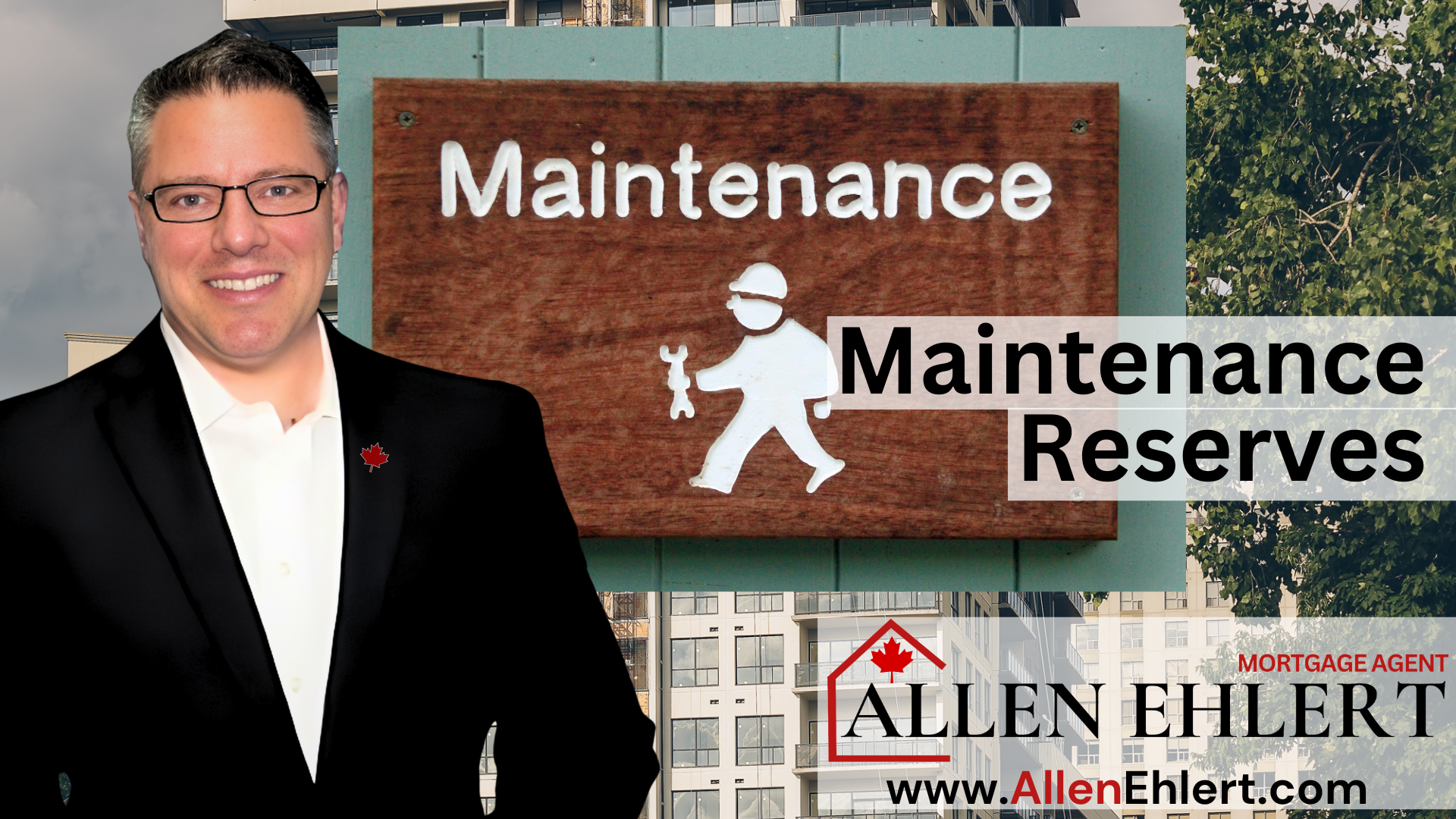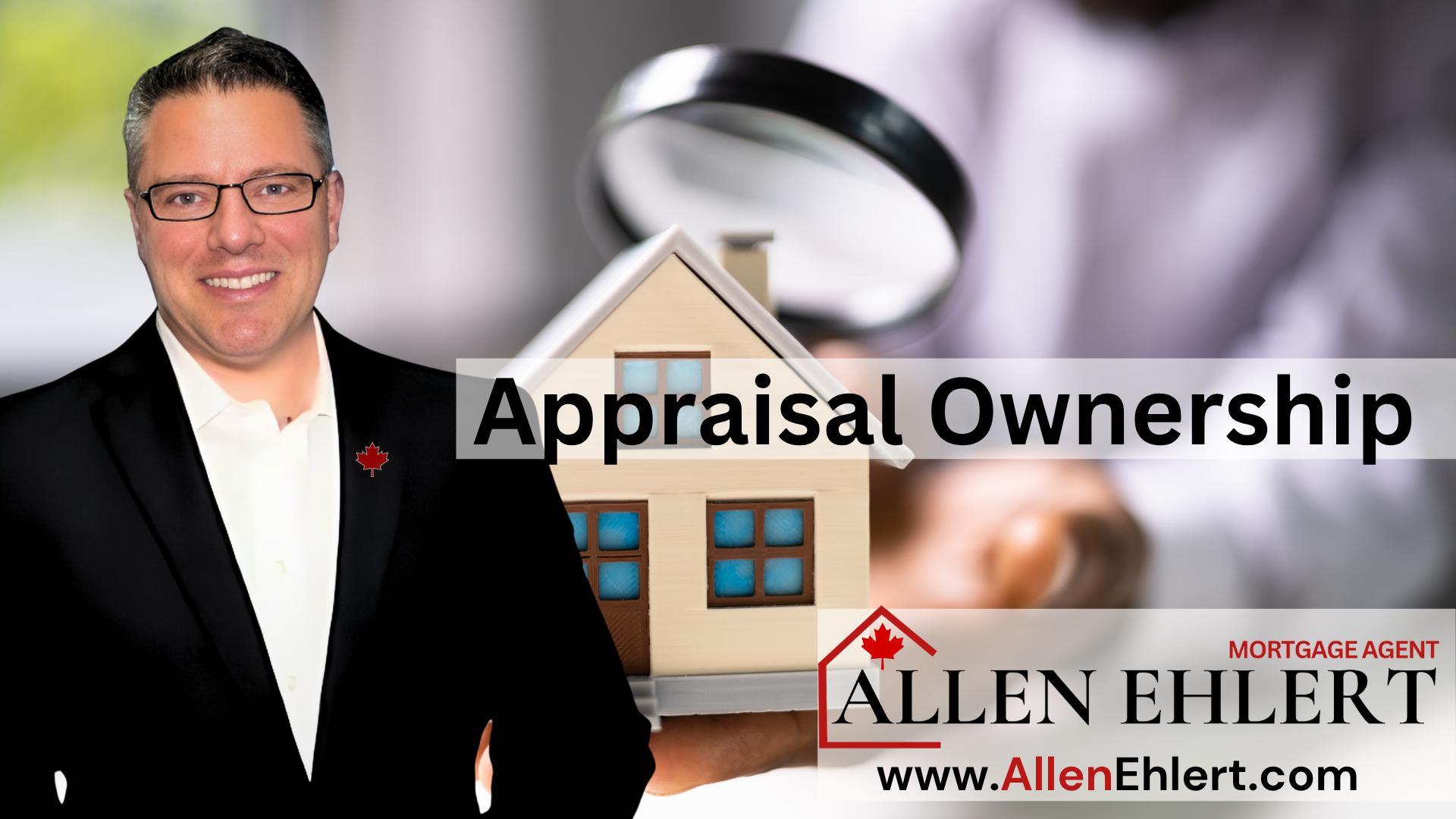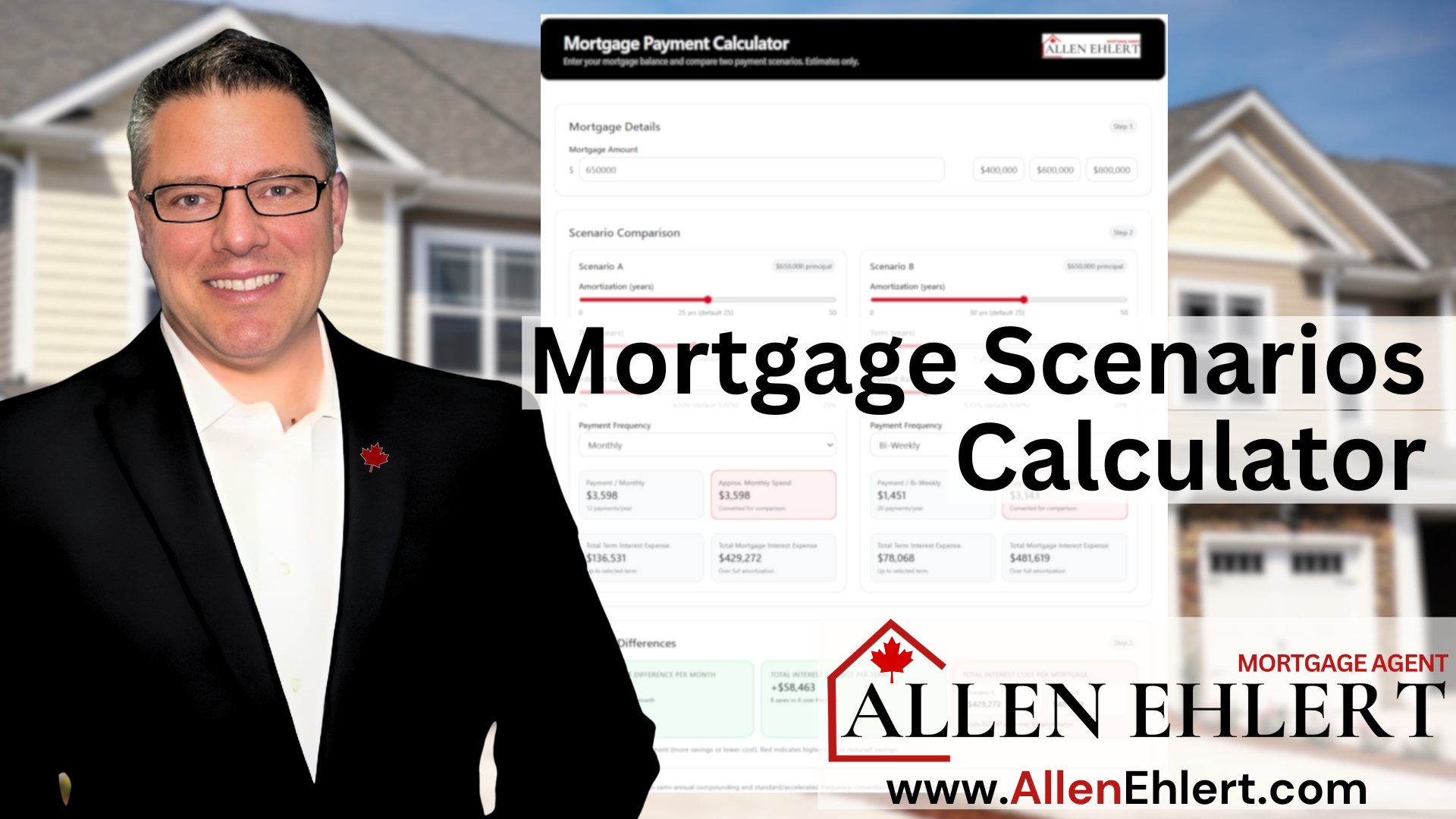… How Some Lenders Will Improve Your Rate Hold
If you’ve ever had that sinking feeling after locking in a mortgage rate—only to see rates drop a few weeks later—you’re not alone. It’s one of the quirks of mortgage shopping: you want protection from rising rates, but you don’t want to be stuck paying more if rates take a dive.
That’s where the good lenders stand out from the pack. Some lenders—not all—are willing to adjust your rate hold in your favour if the market shifts. They won’t shout about it from the rooftops, but if you’ve got the right mortgage agent working for you (hint: me), you can often take advantage of a better deal without starting over from scratch.
Whether you’re a realtor helping clients or a homebuyer navigating rate holds for the first time, this is insider knowledge worth knowing.
Here’s what we’re going to cover today:
Topics I’ll Cover:
What Is a Rate Hold and Why It Matters
How Some Lenders Will Adjust a Rate Hold in Your Favour
Why This Isn’t Something Every Lender Will Offer
How Realtors Can Leverage This Knowledge with Clients
How Clients Can Use This to Protect Themselves
A Story: How a Lender Helped a Client Save Thousands
What Is a Rate Hold and Why It Matters
A rate hold is like pressing pause on rising mortgage rates while you shop for a home. It typically locks in a rate for 90 to 120 days, sometimes a little longer. It’s there to protect you from market jumps.
If rates climb while you’re shopping, no worries—you’re covered. But here’s where most people misunderstand: if rates fall, you’re not always stuck with the higher rate. Some lenders will let you “float down” to the lower rate when it comes time to finalize your deal.
That’s why having a rate hold matters—it buys you peace of mind and flexibility.
How Some Lenders Will Adjust a Rate Hold in Your Favour
Certain lenders (not all) build flexibility into their rate hold programs. If rates drop between when you lock in and when you close, they’ll offer you the lower rate available at the time of approval.
They might call it a “rate match,” a “float-down,” or simply “giving you the better rate.”
It’s not automatic—you often need to ask, or your mortgage agent needs to know how to negotiate it on your behalf. But the good lenders want your future business and referrals, so they’ll often work with you to make sure you’re happy when you sign the final papers.
Why This Isn’t Something Every Lender Will Offer
Some lenders operate on rigid policies: rate holds are fixed, end of story. These lenders don’t have the internal flexibility, or frankly, the customer service culture, to offer improvements once a hold is in place.
Others, though, take a more client-friendly approach because they know people remember good experiences. They want repeat business and referrals, and offering you a better rate when it’s possible is just good business.
Knowing the difference is where having a skilled mortgage agent comes in handy—I know which lenders will work with us and which ones won’t budge.
How Realtors Can Leverage This Knowledge with Clients
Realtors, this is golden for keeping your clients calm in a shifting market. If a buyer locks in a rate and then panics when rates drop, you can say:
“Good news—some lenders will adjust a rate hold if rates fall. Let’s check with your mortgage agent before you worry about it.”
You look informed, you build trust, and you keep the transaction on track without unnecessary drama.
How Clients Can Use This to Protect Themselves
If you’re shopping for a home, ask upfront:
- “Does this lender allow rate reductions if rates fall during my hold?”
- “Will I automatically get the better rate, or do I need to ask?”
- “How does my mortgage agent monitor this for me?”
Understanding these options gives you peace of mind and protects your budget from sudden surprises—or missed opportunities.
A Story: How a Lender Helped a Client Save Thousands
I had a client, Amanda, who locked in at 5.09% on a 120-day rate hold. Halfway through her house hunt, bond yields dipped and rates started coming down. Amanda was nervous—she thought she was stuck with her higher rate.
I reached out to the lender, explained the situation, and they happily adjusted her rate down to 4.79% before closing. She saved thousands over the term, and she never had to stress or reapply.
Amanda now tells everyone, “My mortgage guy made sure I didn’t overpay—ask him about your rate hold!” That’s the kind of win I love helping clients achieve.
Allen’s Final Thoughts
Rate holds are there to protect you—but when you work with the right lender (and the right mortgage agent), they can also work for you when the market shifts in your favour. Not every lender will offer flexibility, but I know who does, and I know how to ask the right questions to get you the best outcome.
Realtors, this is another tool in your belt to keep your clients calm, confident, and committed. Homebuyers, this is how you make sure you’re not leaving money on the table.
That’s why I’m here. I don’t just lock in rates—I manage timelines, track market changes, and make sure you’re always positioned to win. If you want someone looking out for your bottom line from start to finish, I’m your guy. Let’s talk.












